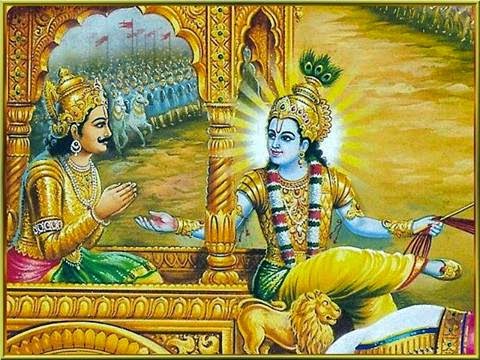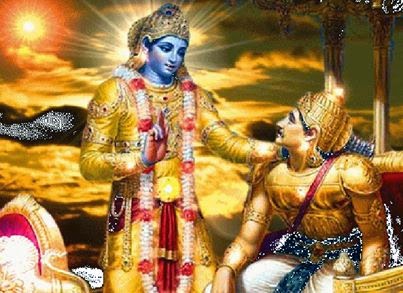The Spiritual Import of the Mahabharata and the Bhagavadgita : Ch-3. Part-3.
.jpg)
3: The World is the Face of God : 3 But suffering is also a kind of catharsis that is administered to the soul to purge its sins. It is not a curse that has descended upon us. Suffering is not a curse. It is a cleansing process, like a fever that comes to clean the system and throw out the toxic matter from the body. We suffer due to certain automatic reactions that are set up by certain actions. Actions are performed by people without the knowledge of the nature of the consequences that these actions would produce, because the consequences are conditioned by factors beyond one’s thought. We have some idea as to what we are capable of doing, but we cannot have a complete idea of what we fall on, because the effects are determined by various factors other than merely the idea about it in the mind of the doer of the action. So, unforeseen consequences retaliate upon the individual; they are called sorrows. They are called sorrows because they are not in conformity with the
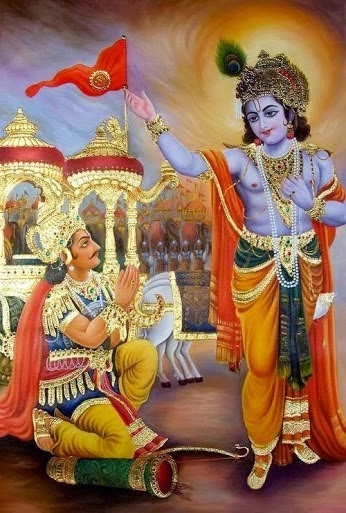

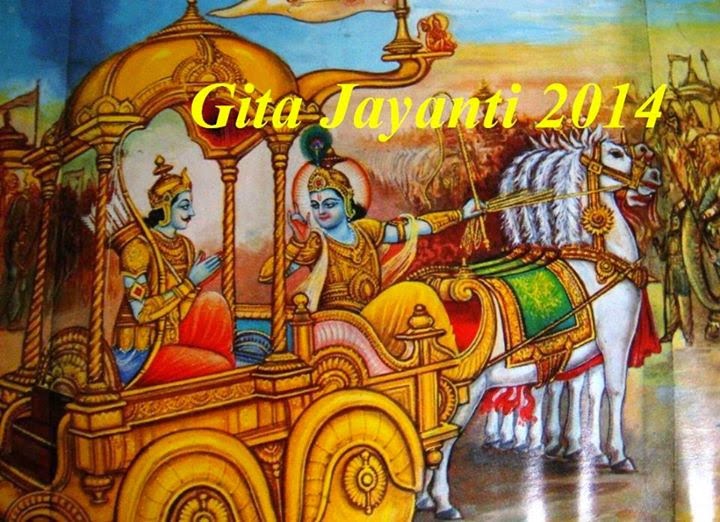

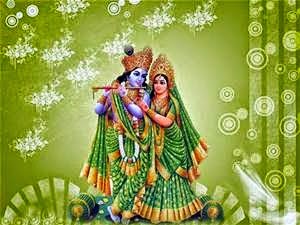


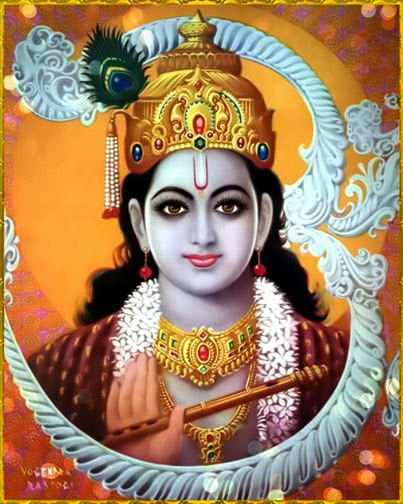
.jpg)

